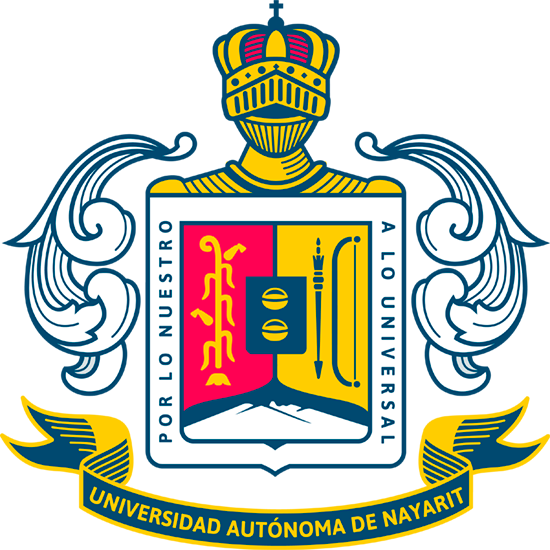Abstract
Given the incidence of human poisonings attributed to raw shrimp consumption in southern of Sinaloa and northern of Nayarit in recent years, white shrimp (Litopenaeus vannamei) was sampled from three wild-estuaries where it’s been captured and one sample was taken from a sale center in order to determine the possible presence of toxigenic Vibrio parahaemolyticus, from May to December of 2012. Samples were analyzed by Biochemical test and Polymerase Chain Reaction (PCR), they were also tested for the specific an toxicological identification, using molecular oligo nucleotides markers tlh, tdh and trh. The number of positives results were recorded to a table of most probable number (MPN).The number of samples positive for V. parahaemolyticus, weren’t toxigenic and it was demonstrated that they were below the limit established in the Mexican Official Standard NOM-242-SSA1-2009. In conclusion, the present study revealed that consumption of raw shrimp from the dates and sites sampled did not show to be a risk for human gastrointestinal diseases.
Revista Bio Ciencias by Universidad Autónoma de Nayarit under Creative Commons Attribution-NonCommercial 3.0 Unported License.
Based on work of http://biociencias.uan.edu.mx/.
Further permits not covered by this licence can be found at http://editorial.uan.edu.mx/index.php/BIOCIENCIAS.






